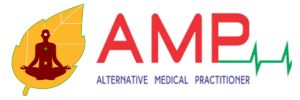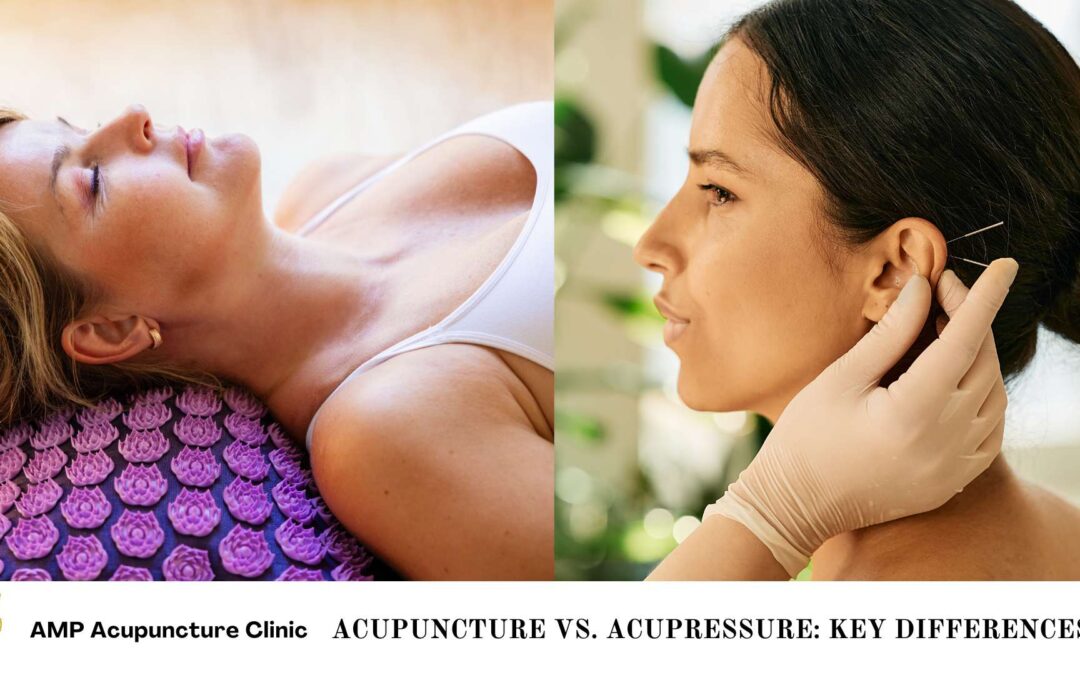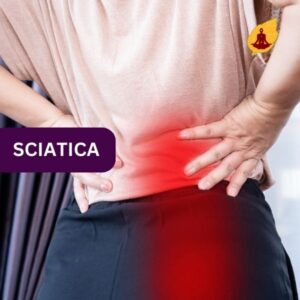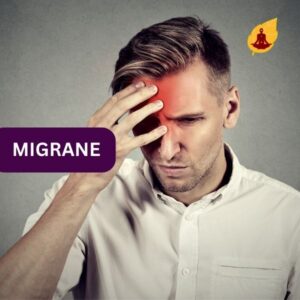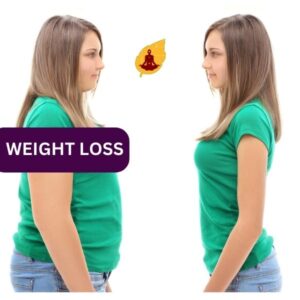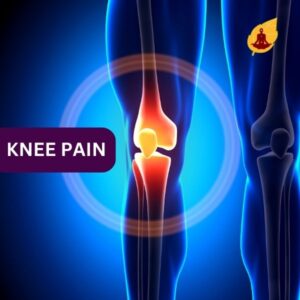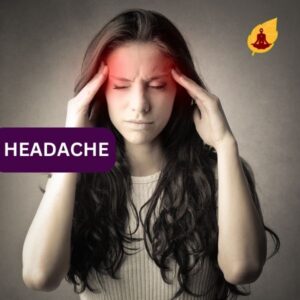Acupuncture vs. Acupressure: Key Differences : Acupuncture and acupressure are two traditional healing practices that have been used for centuries in Eastern medicine to promote health and well-being. Both therapies focus on stimulating specific points on the body, but they differ in the techniques used and the results they offer. In this blog post, we will explore the key differences between acupuncture and acupressure to help you understand which treatment is best suited for your needs.
1.What is Acupuncture in Acupuncture vs. Acupressure: Key Differences?
Acupuncture is an ancient Chinese healing technique that has been used for thousands of years. It involves inserting very thin, sterile needles into specific points on the body, known as acupoints. These points are believed to connect with energy pathways called meridians, which help maintain the body’s balance and flow of energy, known as “Qi” (pronounced as ‘chee’). When these energy pathways are disrupted, it can lead to pain or illness. Acupuncture helps restore balance, improve blood circulation, and support the body’s natural healing.
Key Features of Acupuncture:
Needle Insertion: Acupuncture uses very fine needles, carefully inserted into specific points. The needles are so thin that most people experience little or no discomfort.
Pain Relief: It’s highly effective for managing chronic pain, such as backaches, arthritis, or migraines, and is often recommended by doctors as a complementary therapy.
Balancing Energy Flow: Acupuncture helps balance the body’s energy, promoting physical and mental harmony.
Professional Treatment: To ensure safety and results, it’s important that acupuncture is done by a licensed and trained acupuncturist who understands the technique and its applications.
2.What is Acupressure in Acupuncture vs. Acupressure: Key Differences?
Acupressure is a gentler, non-invasive therapy that uses pressure instead of needles. In this method, the therapist applies pressure to specific points on the body using their fingers, thumbs, or even palms. The idea behind acupressure is very similar to acupuncture, as it also focuses on restoring the body’s energy flow along the meridians. However, because there are no needles involved, it’s a more accessible and relaxing treatment for many people.
Key Features of Acupressure:
Manual Pressure: Instead of needles, acupressure relies on using the hands to press and massage acupoints. This pressure stimulates the same points used in acupuncture.
Stress Reduction: Acupressure is widely used for relaxation, relieving stress, and improving emotional well-being.
Needle-Free Treatment: It’s perfect for people who are uncomfortable with needles or prefer a hands-on approach to healing.
Self-Treatment Option: Many people learn simple acupressure techniques to practice at home for common issues like headaches or tension.
3. Acupuncture vs. Acupressure: Key Differences Explained
Though acupuncture and acupressure have similar goals—restoring energy flow and improving health—they differ in their approach and applications. Here’s a breakdown of the key differences:
| Feature | Acupuncture | Acupressure |
|---|---|---|
| How it’s Done | Uses fine needles inserted into specific points. | Uses fingers or hands to apply pressure. |
| Invasiveness | Involves needles (slightly invasive). | No needles involved (non-invasive). |
| Session Duration | Typically lasts 20–40 minutes. | Usually takes 15–30 minutes. |
| Pain Relief | Best for chronic pain like arthritis, migraines, or sciatica. | Great for minor pain, stress, and tension relief. |
| Self-Treatment | Needs to be done by a trained acupuncturist. | Can be practiced at home with basic knowledge. |
| Safety Concerns | Rare side effects like slight soreness at needle sites. | Completely safe with no side effects. |
In Simple Terms:
- Acupuncture is ideal for people dealing with serious pain or chronic conditions and requires a trained professional.
- Acupressure is better for stress relief, relaxation, and minor discomfort, and it can even be done at home.
4. Benefits of Acupuncture and Acupressure in Acupuncture vs. Acupressure: Key Differences
Both acupuncture and acupressure are powerful therapies with unique benefits. Depending on your specific condition, one may work better than the other.
Benefits of Acupuncture:
Pain Relief: Acupuncture is highly effective for relieving pain associated with conditions like arthritis, sciatica, back pain, or even migraines.
Improved Blood Flow: By stimulating specific points, acupuncture enhances circulation, helping the body heal faster.
Stress Reduction: It triggers the body’s natural relaxation response, helping you feel calmer and less anxious.
Better Sleep: Struggling with insomnia? Acupuncture can help regulate sleep patterns and improve restfulness.
Benefits of Acupressure:
Stress and Tension Relief: Acupressure is excellent for reducing stress and helping you unwind after a long day.
Improves Digestion: Applying pressure to certain acupoints can help with indigestion, bloating, and other stomach issues.
Headache and Migraine Relief: Acupressure can provide quick relief from mild headaches or tension headaches.
Boosts Energy: Stimulating key points can increase energy flow in the body, leaving you feeling refreshed and revitalized.
5.Which Therapy is Right for You in Acupuncture vs. Acupressure: Key Differences?
Choosing between acupuncture and acupressure depends on your specific needs and comfort level. Here’s how you can decide:
For Chronic Pain or Medical Issues: Acupuncture is often the better choice for treating serious conditions like arthritis, migraines, or long-term back pain. It’s a more intensive therapy that requires professional expertise.
For Relaxation and Stress Relief: If you’re looking to reduce stress, improve relaxation, or address minor aches, acupressure is a gentle, effective option.
Needles vs. No Needles: If you’re comfortable with needles and prefer a professional treatment, go for acupuncture. If needles make you nervous, acupressure provides similar benefits without any invasiveness.
Professional vs. Self-Treatment: Acupuncture must be done by a trained acupuncturist, while acupressure is something you can even practice at home with a little guidance.
Acupuncture and acupressure are both wonderful healing therapies, each offering unique benefits. If you’re looking for a more focused and intensive treatment, acupuncture could be the right choice. On the other hand, if your goal is to manage stress or simply improve overall wellness, acupressure is a fantastic option. To make the best decision for your health, it’s always a good idea to consult a healthcare professional.
1. What is the main difference between acupuncture and acupressure?
Acupuncture uses fine needles inserted into specific acupoints, whereas acupressure involves applying manual pressure on the same points. Acupuncture is often used for more serious conditions, while acupressure is typically used for stress relief and general wellness.
2. Is acupressure as effective as acupuncture for pain relief?
While acupressure can help relieve minor pain and tension, acupuncture is generally more effective for treating chronic and serious pain conditions. Acupuncture targets deeper layers of energy flow and works on more complex issues.
3. Can I perform acupressure at home?
Yes, acupressure can be performed at home with basic knowledge of the acupoints. However, if you have a specific health concern, it is advisable to consult a professional to ensure you're targeting the right points.
4. How do I know which therapy is right for me: acupuncture or acupressure?
If you're dealing with chronic pain or a medical condition, acupuncture might be more effective. For stress relief, relaxation, and minor discomfort, acupressure is a great option. Always consult a healthcare provider for personalized advice.
At AMP Acupuncture Clinic, we specialize in both acupuncture and acupressure treatments to help you feel your best. Whether you’re dealing with chronic pain, stress, or just need some relaxation, our skilled experts are here to guide you in choosing the therapy that’s right for you.
Call us today at 7039173101 to schedule your consultation and take the first step toward a healthier, happier you!
Read More About : Virabhadrasana III (Warrior III Pose)
